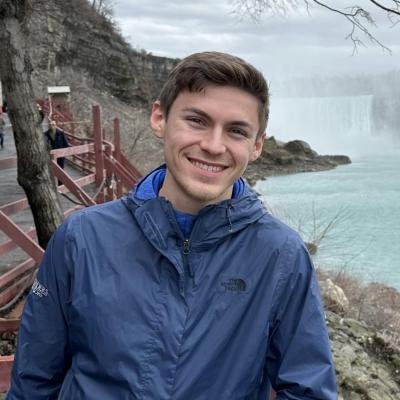Autumn BAKER
Autumn.Baker@uga.edu
To come
Zane BURRIS
Zane.Burris@uga.edu
I graduated from Penn State in May 2024 and joined the Joye Research Group in July 2024. I am working towards my Ph.D. in Marine Sciences and am broadly interested in anaerobic carbon cycling and related processes (e.g., sulfur cycling) in the deep sea. I am interested in combining geochemical and -omics data to understand the biogeochemistry of natural environments, such as methane seeps, and anthropogenically disturbed environments, such as those influenced by the Deepwater Horizon oil spill.
Kristen McCASH
Kristen.McCash@uga.edu
I graduated from the Ohio State University in December ‘20 with a Bachelor of Science in Evolution & Ecology. I was first introduced to this field by an undergraduate experience in a freshwater ecology lab under Dr. Mary Kelly-Quinn. In this lab, I evaluated macroinvertebrate communities and surface water quality of disturbed headwaters across eastern Ireland. I joined the Joye Research Group in January ’23 after completing lab rotations through the Integrated Life Sciences program and am presently working towards my PhD in marine sciences. My research interests are focused on microbes and the role they play in shaping ocean processes and elemental cycling. Additionally, I am interested in evaluating the microbial ecology of disturbed and extreme environments utilizing in situ visualization methods and -omics based approaches.
Elizabeth TUTTLE
Elizabeth.Tuttle@uga.edu
I have always loved marine biology. I worked in my first research lab at 15 near my hometown in Alabama. I earned a bachelor's degree in marine science and chemistry from the University of Alabama at Birmingham in 2017. After graduation, I worked as a research technician at Scripps Institution of Oceanography in San Diego, studying algae genomes to identify genes related to grazing resistance, aiming to improve large-scale algal biofuel production. I joined the Joye Lab in August 2023 to pursue a Ph.D. in marine microbiology. My research focuses on how temperature and nutrient perturbations affect interactions between methane-producing and methane-consuming microorganisms in marine environments. I use techniques from microbiology, oceanography, and chemistry to explore aerobic methane production in nutrient-limited surface waters and quantify methane and sulfur cycling by microorganisms in deep-sea hydrothermal vent plumes.





